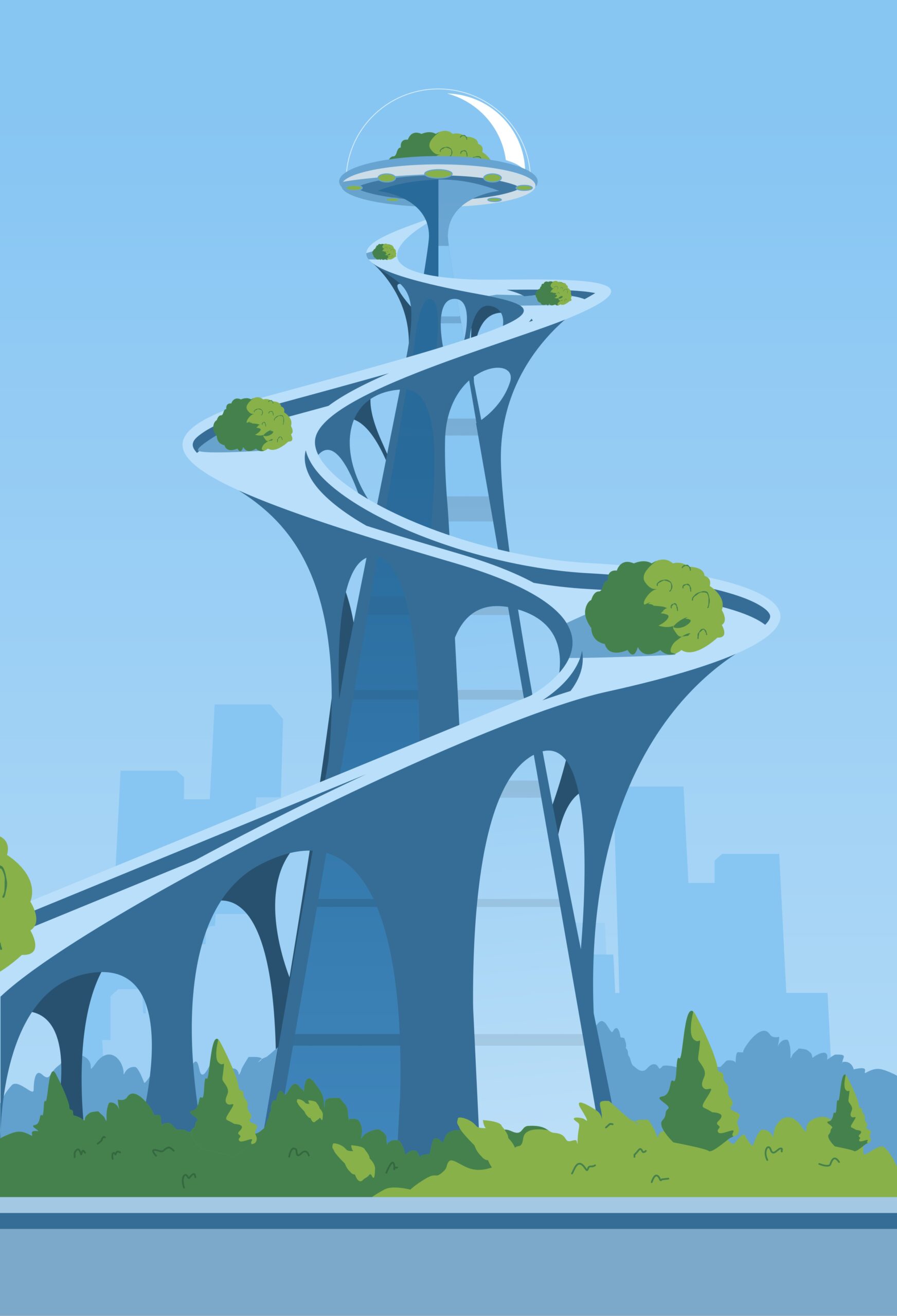 Beatmaking with AI
Beatmaking with AI Will AI be the future of beatmaking?
AI holds significant potential for the future of beatmaking and the broader spectrum of music production. It has already...
 Beatmaking with AI
Beatmaking with AI  Beatmaking with AI
Beatmaking with AI 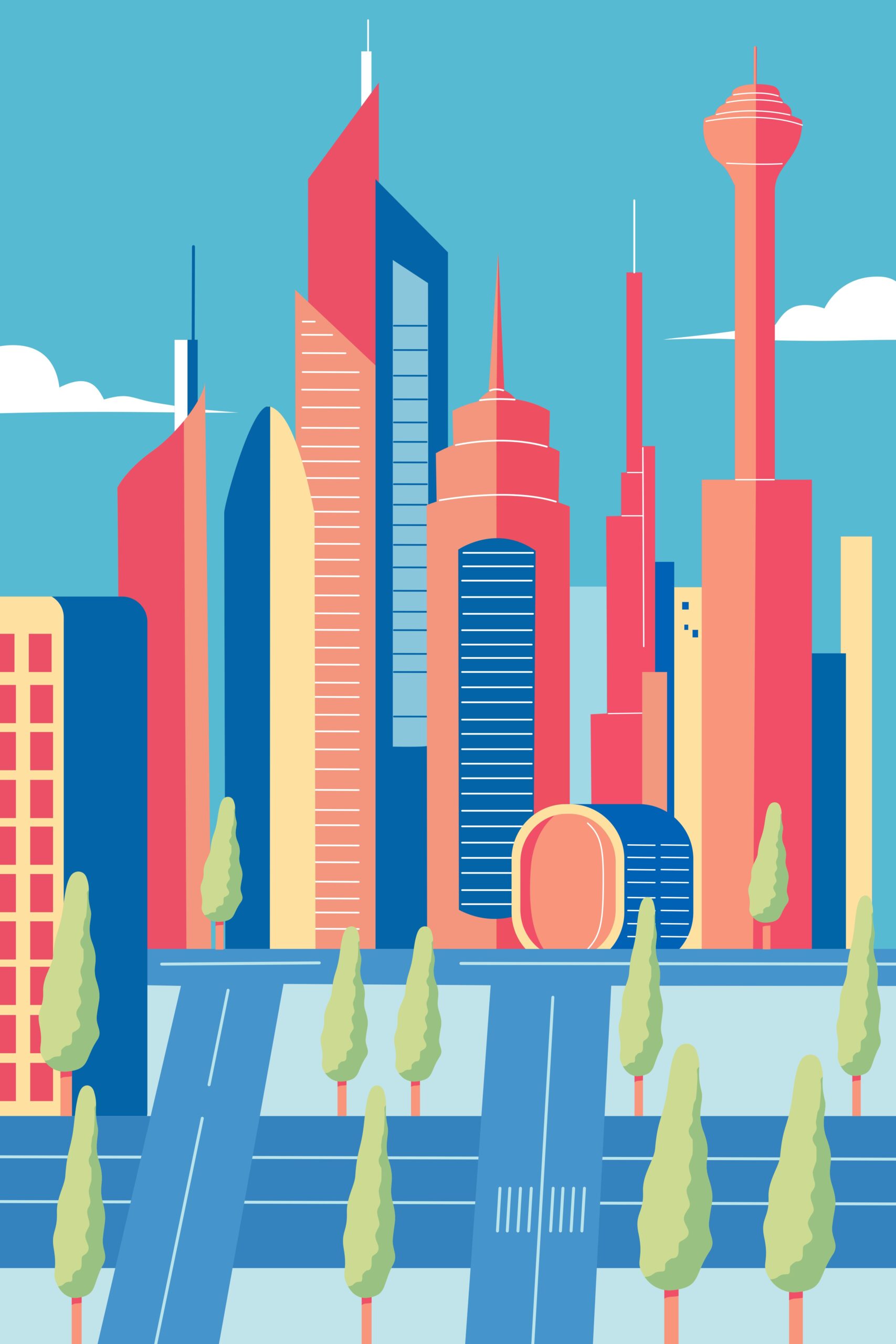 Beatmaking with AI
Beatmaking with AI 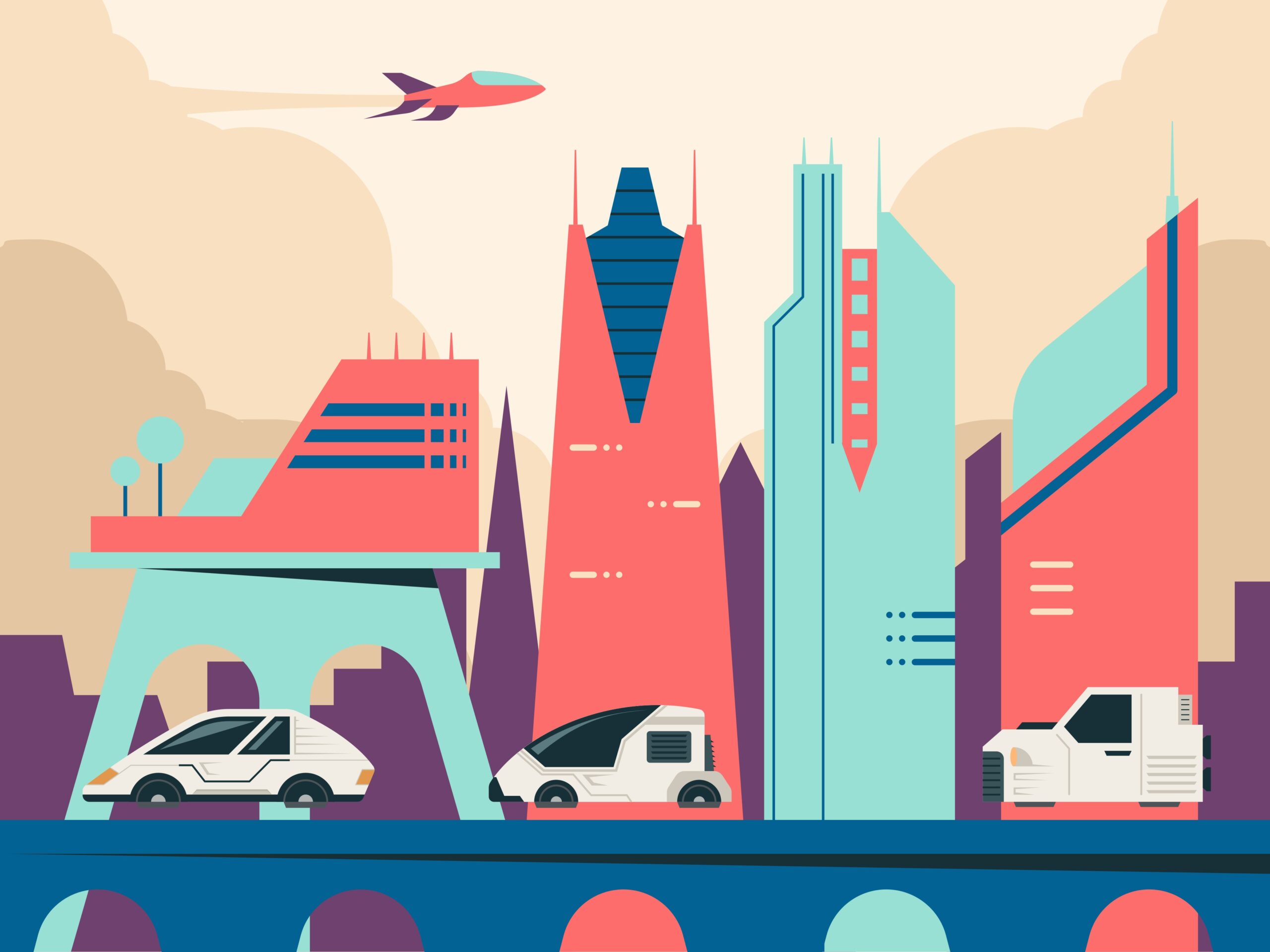 Beatmaking with AI
Beatmaking with AI  Beatmaking with AI
Beatmaking with AI 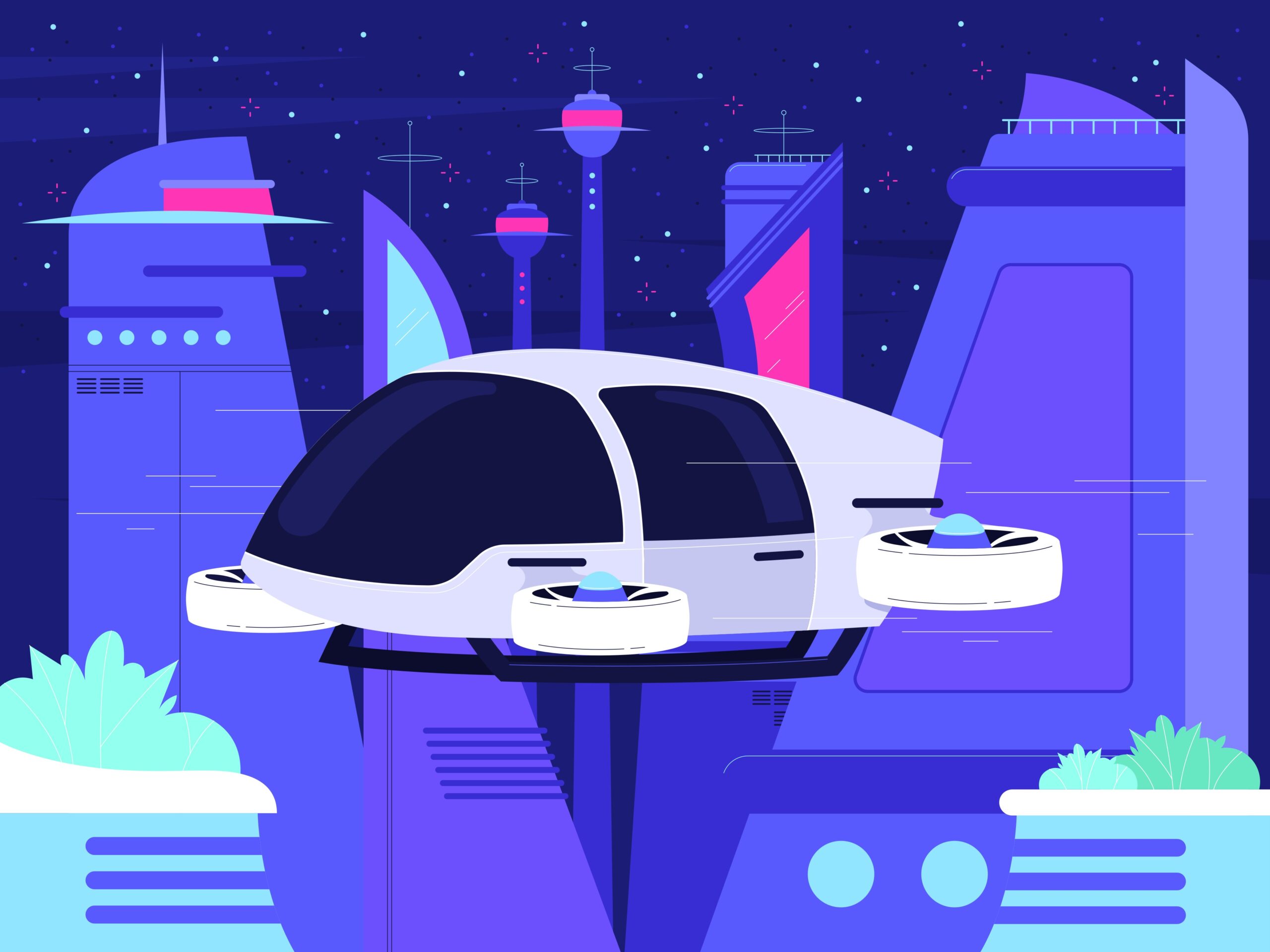 Beatmaking with AI
Beatmaking with AI 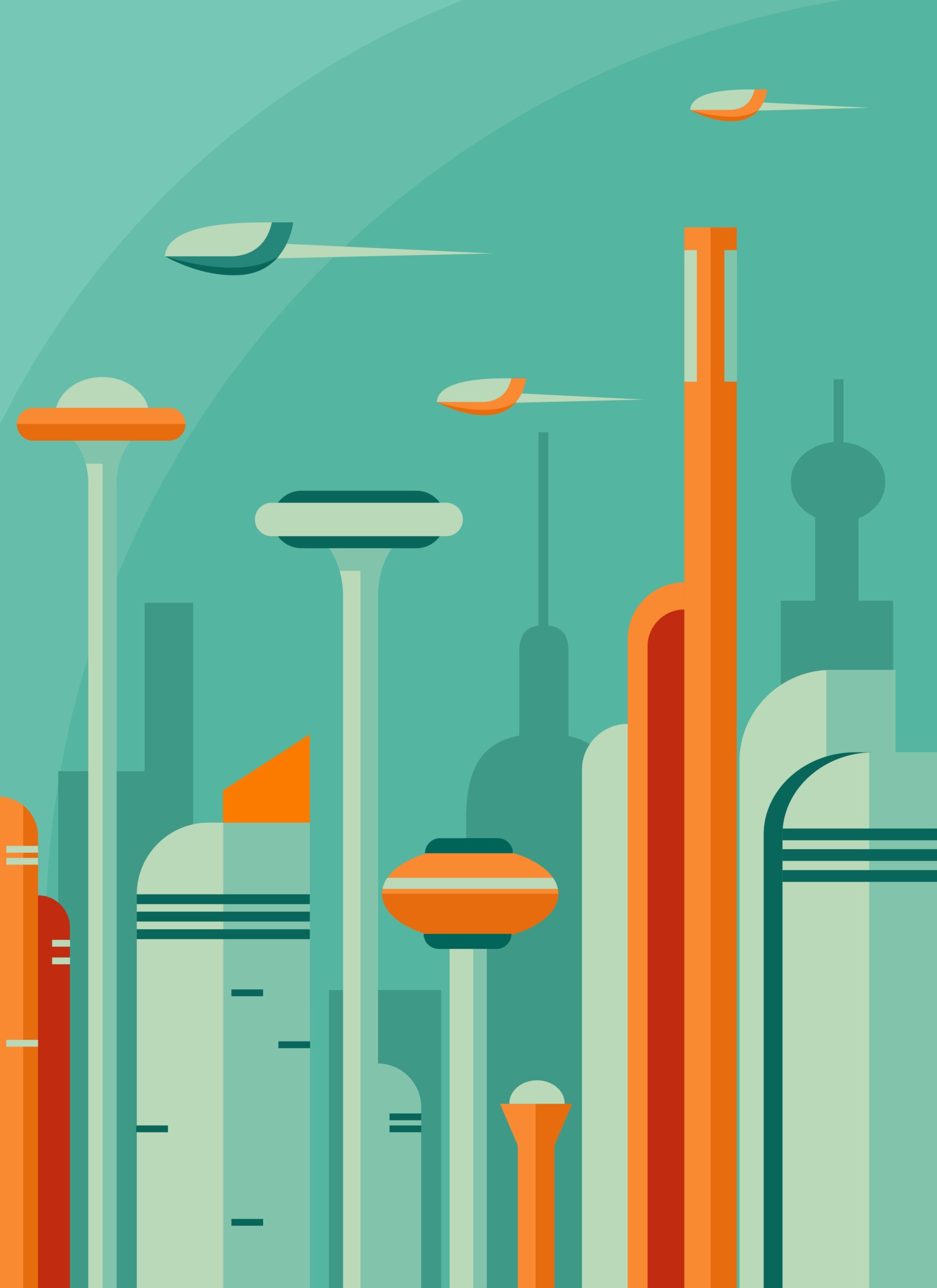 Beatmaking with AI
Beatmaking with AI 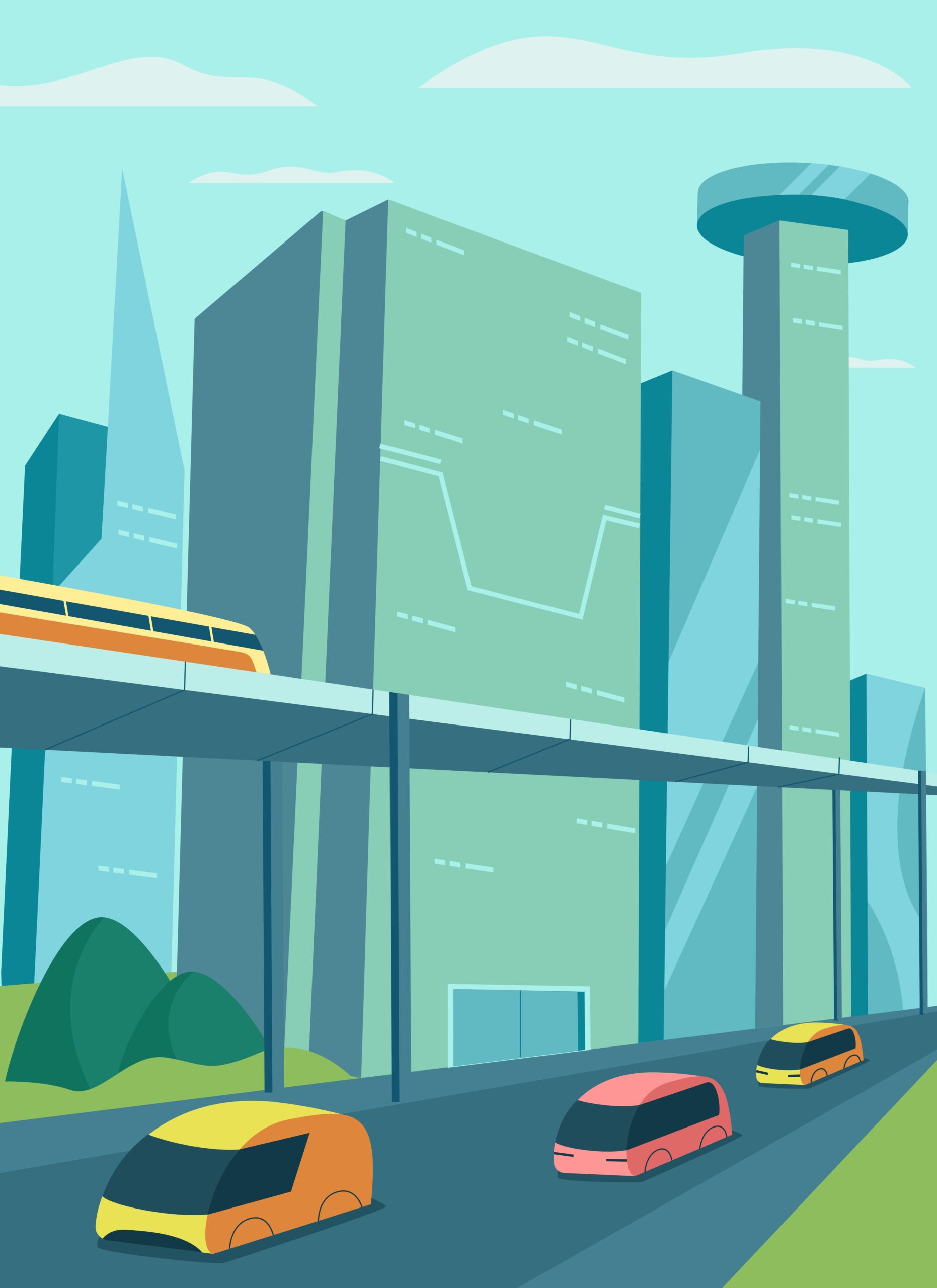 Beatmaking with AI
Beatmaking with AI 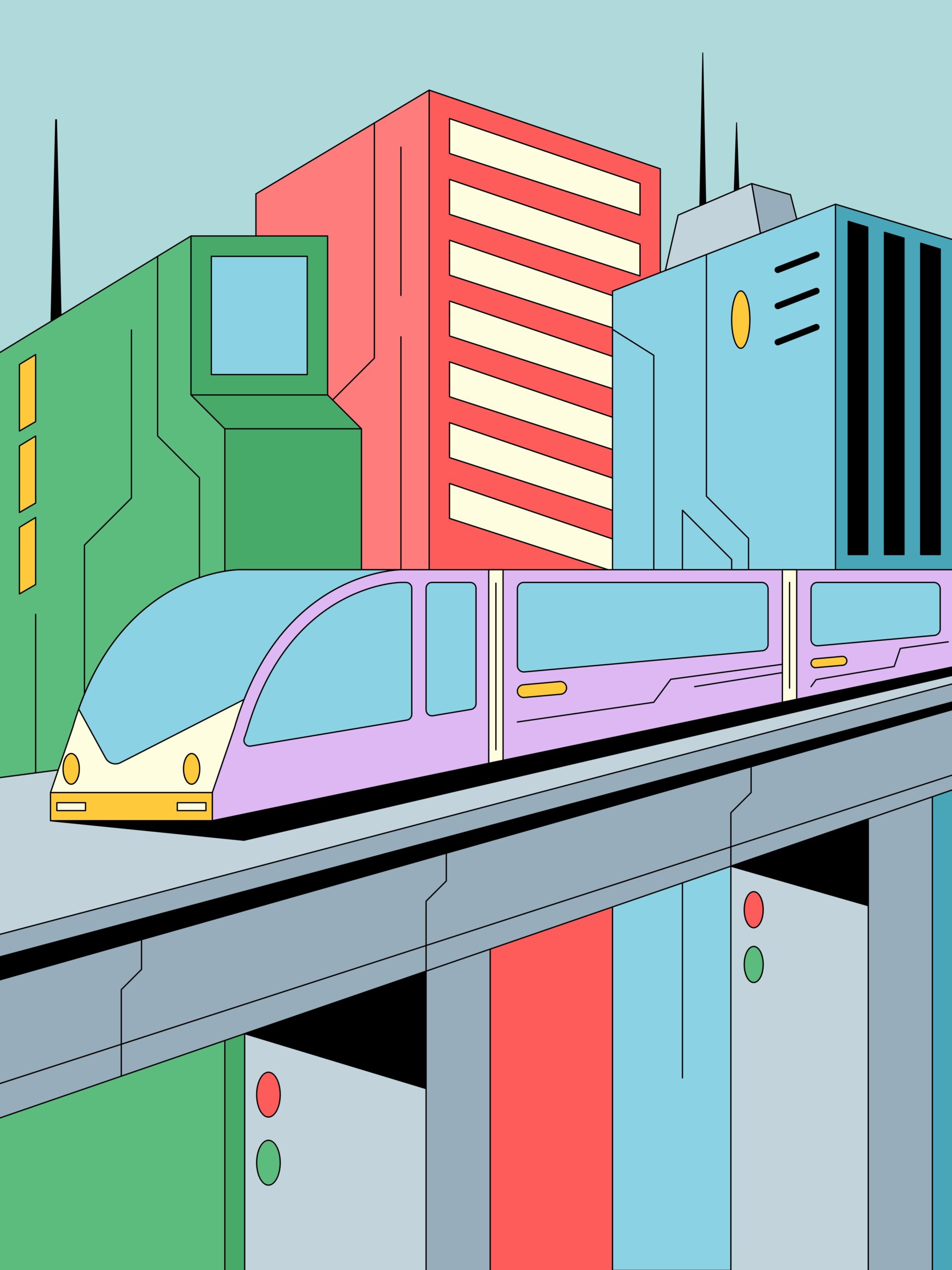 Beatmaking with AI
Beatmaking with AI 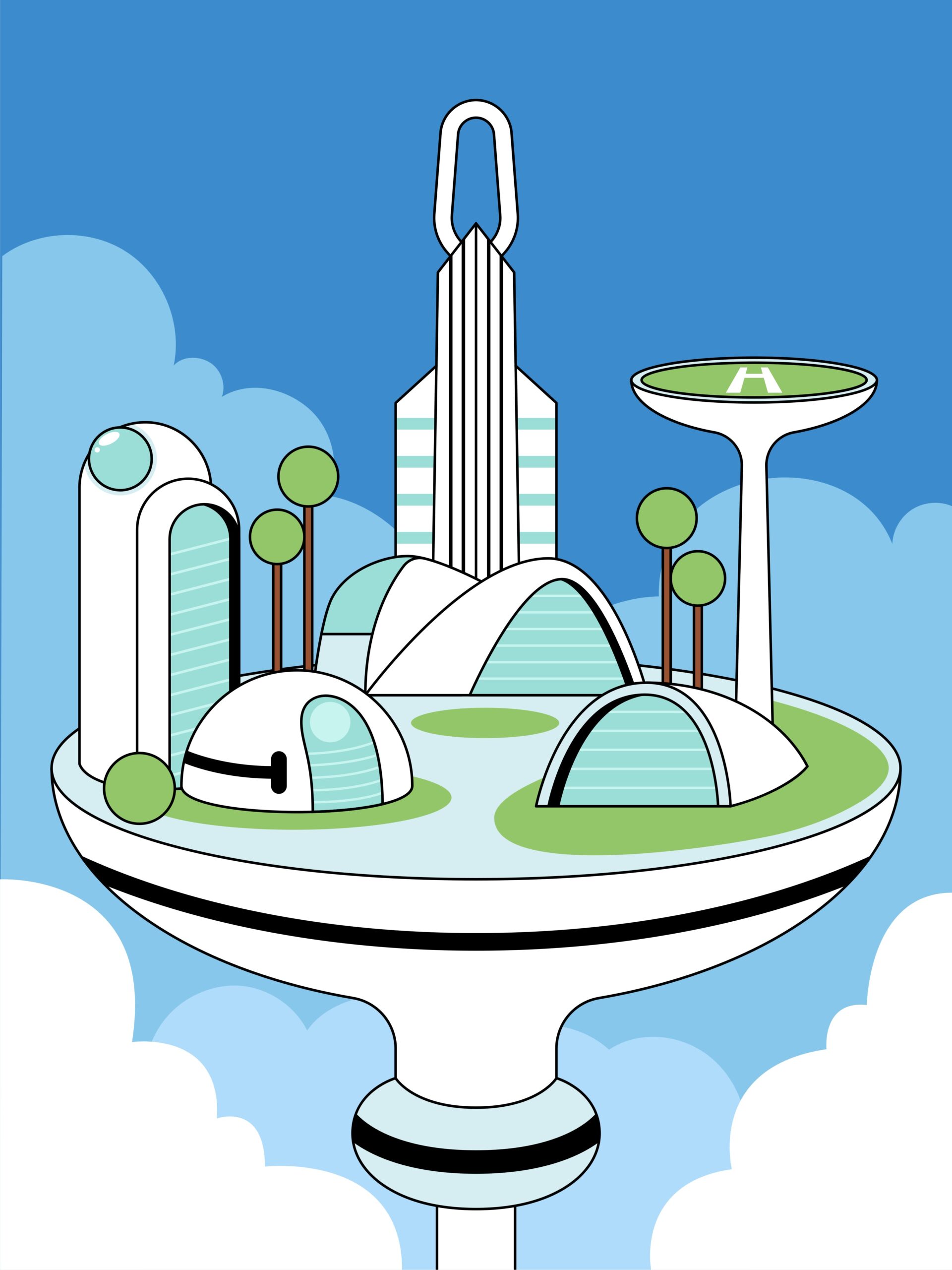 Beatmaking with AI
Beatmaking with AI